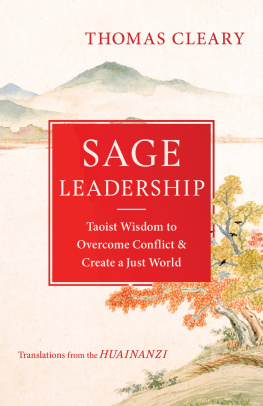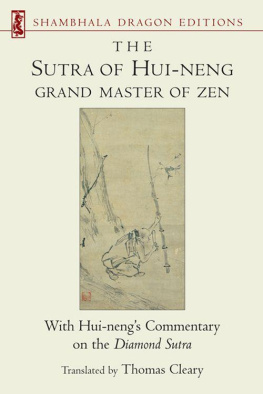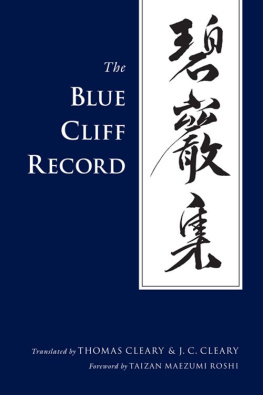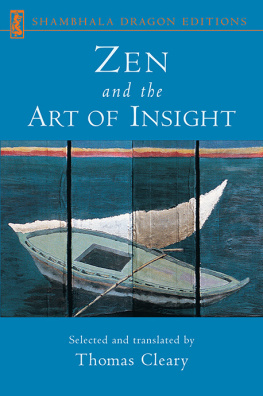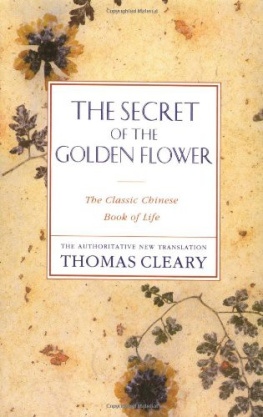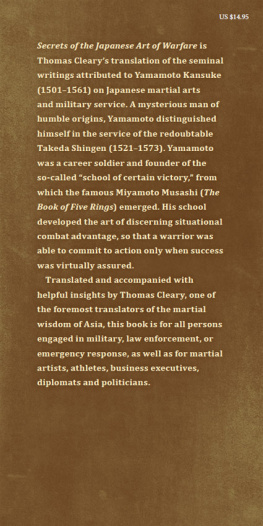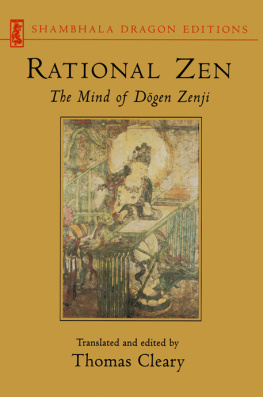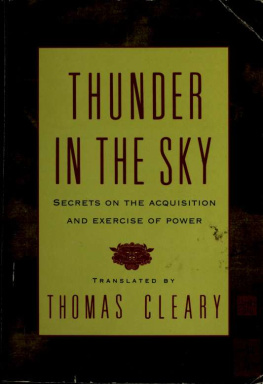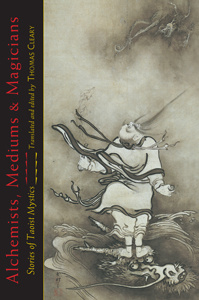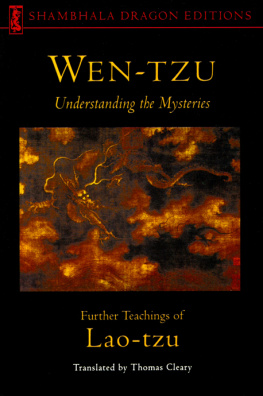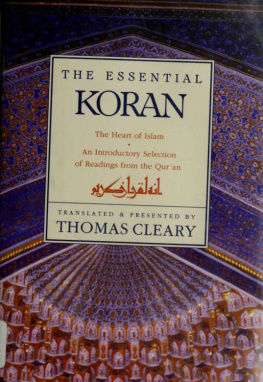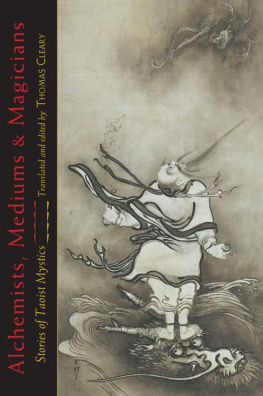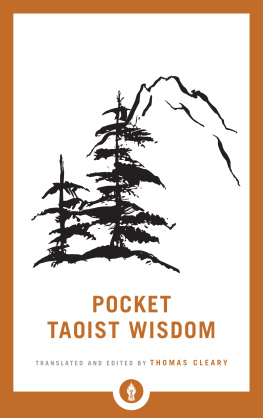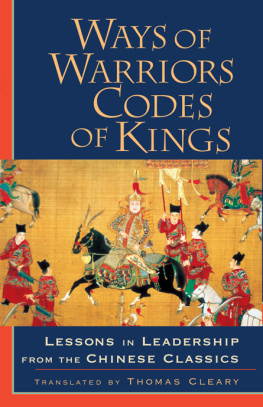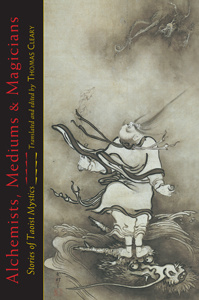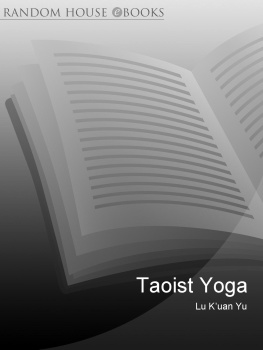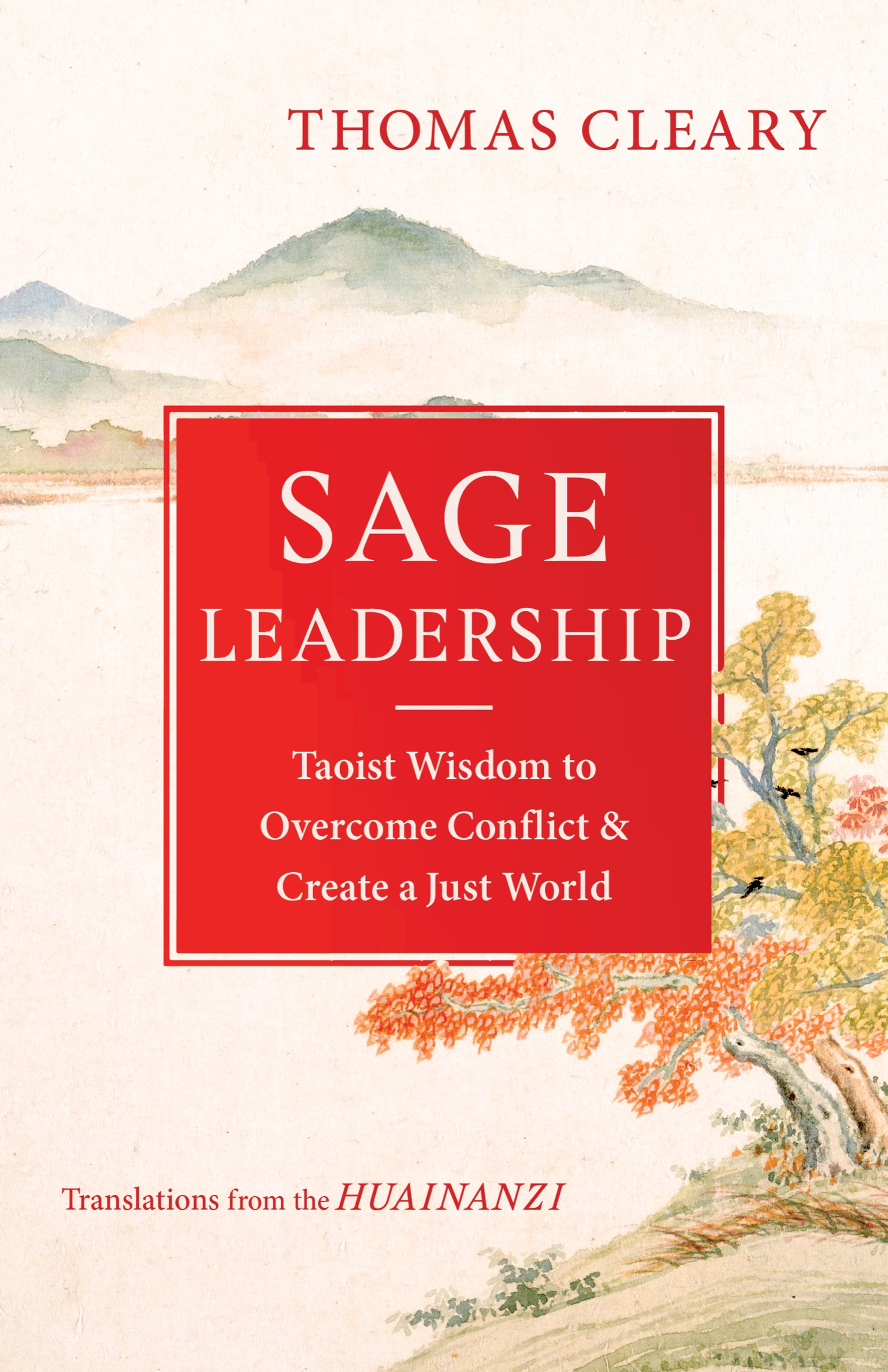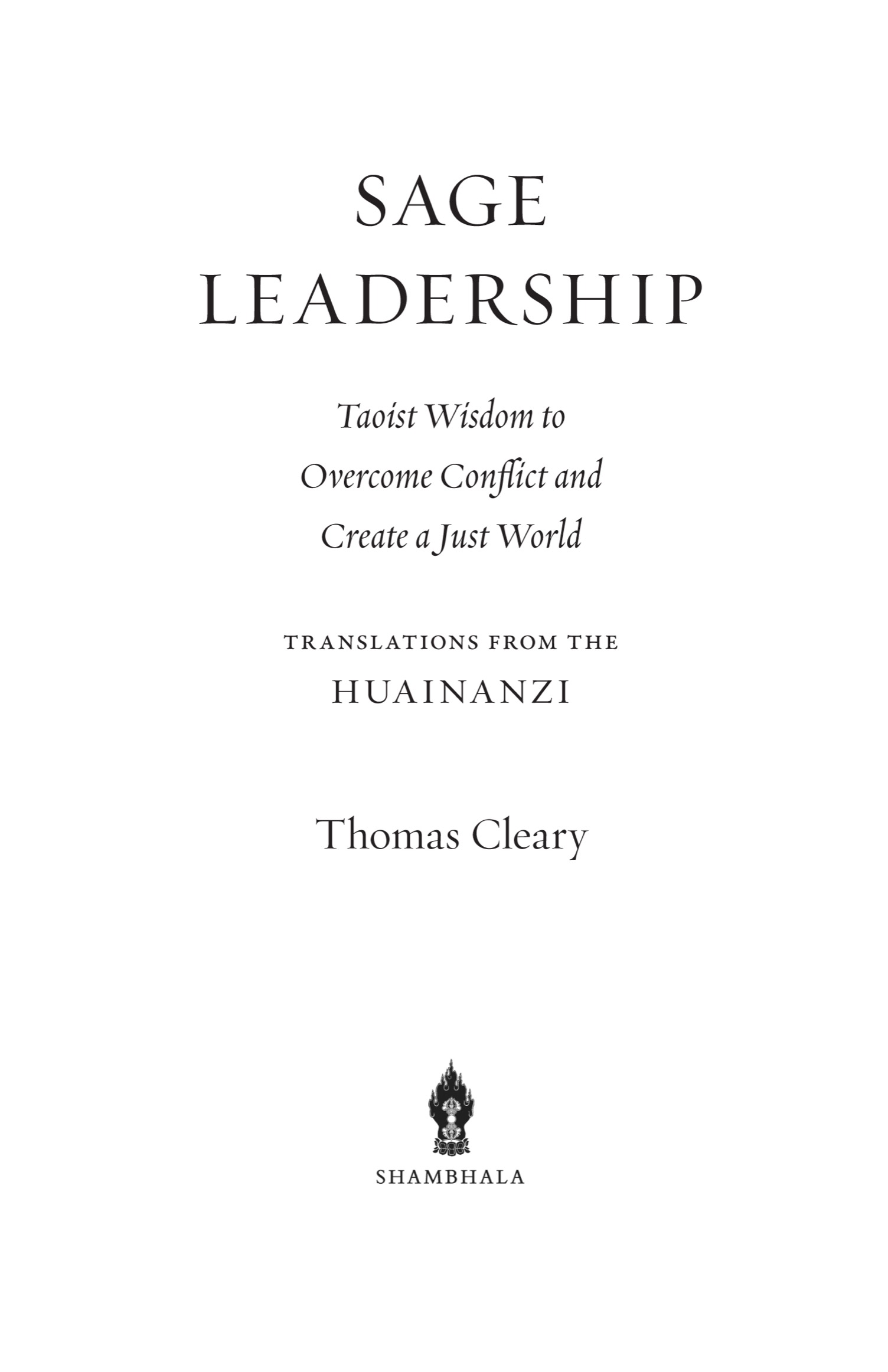Also by Thomas Cleary
The Art of War, by Sun Tzu
Awakening to the Tao, by Liu I-ming
The Book of Five Rings, by Miyamoto Musashi
I Ching: The Book of Change
The Japanese Art of War:
Understanding the Culture of Strategy
Mastering the Art of War, by Zhuge Liang & Liu Ji
Pocket Taoist Wisdom
Taoist Meditation:
Methods for Cultivating a Healthy Mind and Body
Training the Samurai Mind: A Bushido Sourcebook
Ways of Warriors, Codes of Kings:
Lessons in Leadership from the Chinese Classics
The Way of the World:
Readings in Chinese Philosophy
Wen-tzu: Understanding the Mysteries, by Lao-tzu
Zen Lessons: The Art of Leadership
Shambhala Publications, Inc.
2129 13th Street
Boulder, Colorado 80302 www.shambhala.com
Copyright 1990 Kazuko Cleary
This edition was published in 2022. This book was previously published under the title The Book of Leadership and Strategy.
Cover art: Autumn Landscape, leaf from Album for Zhou Lianggong, Xiang Shengmo, 1654, Seymour Fund, 1964.
Cover design: Daniel Urban-Brown
Interior design: Greta D. Sibley
All rights reserved. No part of this book may be reproduced in any form or by any means, electronic or mechanical, including photocopying, recording, or by any information storage and retrieval system, without permission in writing from the publisher.
Shambhala Publications makes every effort to print on acid-free, recycled paper.
Shambhala Publications is distributed worldwide by
Penguin Random House, Inc., and its subsidiaries.
Library of Congress Cataloging-in-Publication Data
Names: Cleary, Thomas F., 19492021, translator, editor.
Title: Sage leadership: Taoist wisdom to overcome conflict and create a just world / Thomas Cleary.
Other titles: Huainan zi. Selections. English.
Description: Boulder, Colorado: Shambhala, 2022.|
This book was previously published under the title The Book of Leadership and StrategyColophon.
Identifiers: lccn 2022010947 | isbn 9781611809763 (trade paperback)
eISBN 9780834844759
Classification: lcc bl1900.h83 e5 2022 | ddc 181/.114dc23/eng20220518
LC record available at https://lccn.loc.gov/2022010947
a_prh_6.0_140999374_c0_r0
Contents
Translators Introduction
This book is a collection of extracts from Huainanzi, The Masters of Huainan, an early Taoist classic following the ancient tradition of Lao-tzu and Chuang-tzu. Composed over two thousand years ago, Huainanzi is one of the oldest and most prestigious works of Taoist philosophy.
The book of the masters of Huainan is a record of sayings on civilization, culture, and government. More detailed and explicit than either of its great forerunners, Lao-tzus Tao-te Ching, and the Chuang-tzu, it embraces the full range of natural, social, and spiritual sciences encompassed in classical Taoism. It links environmental husbandry, personal development, and sociopolitical evolution into a comprehensive vision of human life.
The origin of the book of the Huainan masters is traced to an inner circle of Taoist sages at the court of the king of Huainan, ruler of a small principality within the vast empire of Han dynasty China in the second century B.C.E. The king of Huainan was a distinguished patron of learning, and his court was already a flourishing center of culture when a group of eight Taoist masters appeared with these teachings.
Although the ideas of the masters of Huainan are based on the famous Taoist classics by Lao-tzu and Chuang-tzu, their emphasis differs in one important respect. The works of Lao-tzu and Chuang-tzu are products of Chinas era of the Warring States, and their attitudes toward involvement in the world reflect the corruption and turmoil of their times. The Huainan masters, in contrast, lived in a time of national reconstruction following the end of centuries of civil war; their teachings are thus more positive and constructive than those of the wartime Taoists.
The selections from the book of the Huainan masters translated here focus on the core principles of their teachings. Like other Taoist classics, these writings are for contemplation and not indoctrination; therefore they do not follow a rigid system of dogma. In order to facilitate absorption by a modern audience, these extracts have been grouped into four sections: state and society, warfare, peace, and wisdom. Being Taoist teachings, these four groups of meditations are linked to one another like the four seasons of a year.
The Huainan masters teachings on government deal with a broad range of elements composing the fabric of state and society, including organization and human relations, economy, education, culture, customs and morals, industry, and husbandry.
The masters advocate a pluralistic yet egalitarian society with minimal government interference and maximum opportunity for individual fulfillment. They also propose a conscious balance between the human and natural worlds, regarding it as so necessary that they refer to this balance itself as divine.
The ideals of the Taoist group are graphically illustrated by their comparisons between what they view as progressive, evolutionary societies and what they consider degenerate, decadent societies. These sketches also symbolize different phases in the development of individual human consciousness.
The Huainan masters speak of healthy societies in terms of balance and harmony on each level of being, from the way the individual human body-mind complex experiences itself to the way it experiences interaction with the natural and social worlds.
Degenerate societies, in contrast, are characterized by extreme exaggeration of some human capacities and corresponding atrophy of others, in both individual and collective life. The Huainan masters observe this phenomenon in terms of cause and effect as indicative of countercause and countereffect, leading to the idea of liberation.
The two main factors in human psychology pictured by the Huainan masters as most destructive are greed and aggression. These are connected to fear and blindness, and all together they produce conflict and violence. Warfare is one of the paradoxical symbols of ancient Taoism, being the epitome of conflict and violence but also representing a way of ending conflict and violence, a symbol of self-purification.
All of the original classics of Taoism contain teachings on the causes and effects of warfare; the book of the Huainan masters is foremost among them in scope and detail, distilling the essences of the I Ching, Lao-tzus Tao-te Ching, the Chuang-tzu, and Sun-tzus classic on strategy and tactics, The Art of War. These teachings all have literal meanings in the context of group interactions and symbolic meanings in the context of the individual relationship to the self.
Being principally concerned with logical ethics in their sayings on warfare, the Huainan masters also deal with larger questions of sociopolitical morale in terms of its relations to conflict and reconciliation. Thus the masters define their conceptions of just and unjust wars in parallel with their comparisons between progressive and repressive societies and between balanced and exaggerated individuals. Harmony among persons and peoples is envisioned as arising from harmony within the self and with nature itself.

